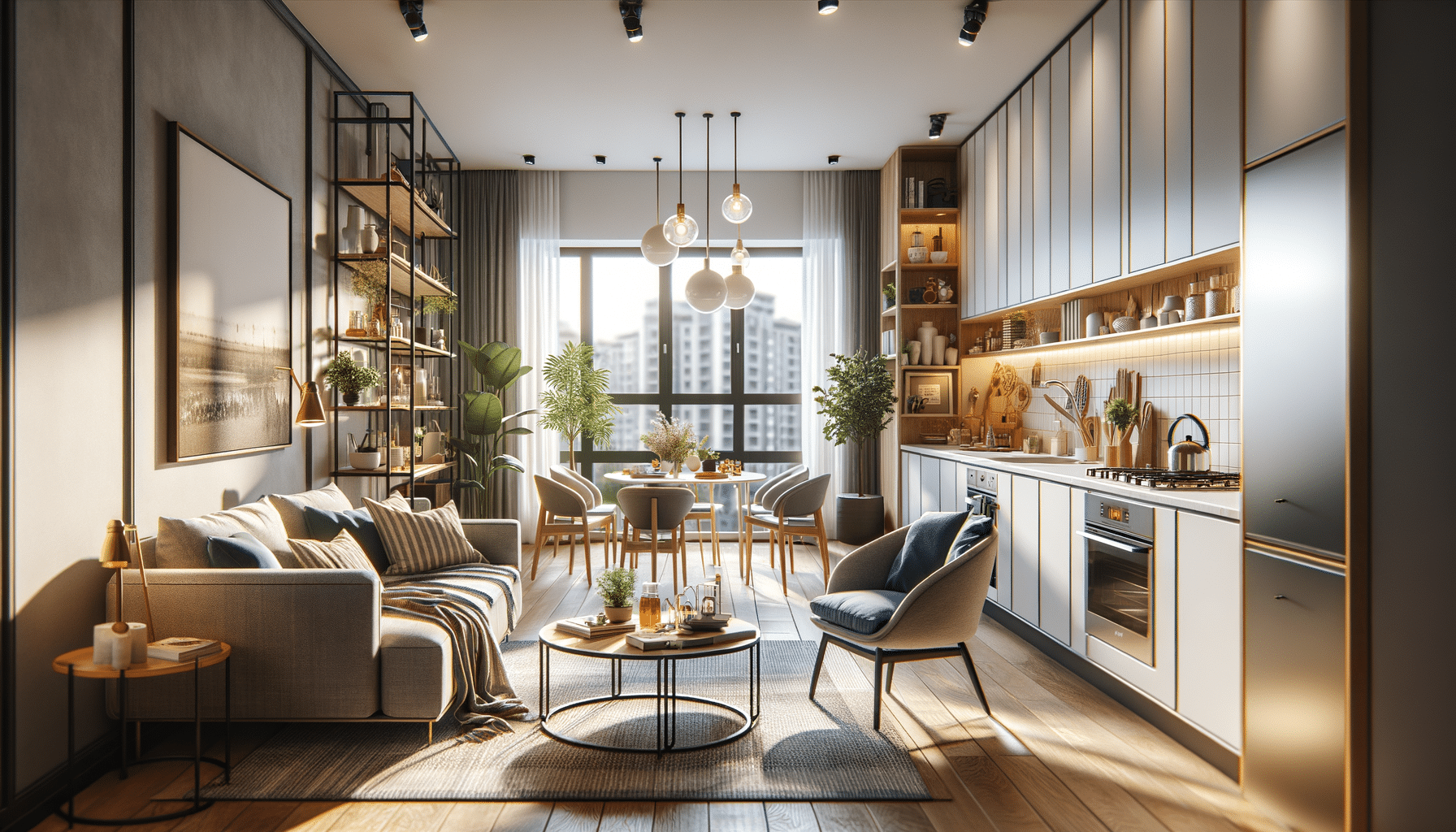
What You Need to Know About Apartment Rentals
Understanding Lease Agreements
When diving into the world of apartment rentals, understanding lease agreements is crucial. These legally binding documents outline the terms and conditions of your rental arrangement. It’s important to read these agreements thoroughly before signing. A lease typically includes the rental period, payment terms, and any rules or restrictions imposed by the landlord. For instance, some leases may prohibit pets or smoking within the premises.
Lease agreements come in various forms, such as fixed-term leases and month-to-month leases. A fixed-term lease is for a specific duration, often one year, offering stability in your living situation. On the other hand, a month-to-month lease provides more flexibility, allowing either party to terminate the agreement with a month’s notice. However, this flexibility can come at the cost of potential rent increases.
It’s also essential to be aware of clauses related to security deposits, maintenance responsibilities, and the process for resolving disputes. Security deposits are usually required upfront and are refundable, provided no damage occurs beyond normal wear and tear. Understanding these elements ensures you are well-prepared and protected during your rental period.
Evaluating Apartment Amenities
Apartment amenities can significantly enhance your living experience, making it essential to evaluate them carefully. Amenities can range from basic features like parking and laundry facilities to luxurious offerings such as swimming pools and fitness centers. When considering an apartment, think about which amenities align with your lifestyle and priorities.
For example, if you work remotely, having a reliable internet connection and a dedicated workspace can be crucial. Families might prioritize amenities like playgrounds or proximity to schools. Additionally, pet owners should check for pet-friendly policies and facilities such as dog parks or pet washing stations.
It’s also worth considering the community amenities, such as shared spaces for socializing or hosting events. These can foster a sense of community and provide opportunities for networking and making friends. Ultimately, the right amenities can make your apartment feel more like home and enhance your overall quality of life.
Budgeting for Your Apartment Rental
Budgeting is a fundamental aspect of renting an apartment, ensuring you can comfortably afford your living space without financial strain. Start by determining your budget, considering both your income and expenses. A common guideline is to allocate no more than 30% of your income to rent, allowing room for other essential expenses like utilities, groceries, and savings.
In addition to the monthly rent, consider other potential costs such as utilities, internet, and renter’s insurance. Some apartments include utilities in the rent, while others require separate payments. Understanding these costs upfront can prevent unexpected financial surprises.
It’s also wise to set aside funds for moving expenses and initial deposits. Moving can incur costs such as hiring movers, purchasing packing materials, and setting up new services. Being financially prepared ensures a smoother transition into your new home.
By carefully planning your budget, you can enjoy your apartment rental experience with peace of mind, knowing you are living within your means.


